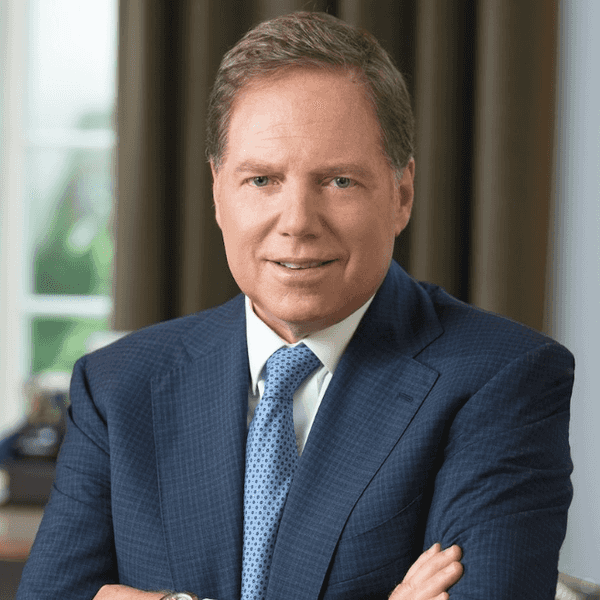
By John McCormick, Bloomberg News (TNS)
CHICAGO — In the final push before Monday’s caucuses, images of candidates pervade Iowa’s airwaves, with ad-makers placing them in settings they believe resonate: Hillary Clinton talking with a white-coated pharmacist. Marco Rubio tossing a football. Ted Cruz wearing duck-hunting gear.
None appears in an insurance office.
Iowa’s financial-services industry doesn’t wield caucus campaign clout commensurate with its economic might. The finance, insurance and real estate industries claim 21.5 percent of Iowa’s gross domestic product, compared with only 7.4 percent for agriculture and natural resources, according to a 2015 study by Iowa State University.
“We’re all well-aware of the stereotype,” said Mike Ralston, president of the Iowa Association of Business and Industry. “Ag is important, but insurance is huge, and mortgage and finance is a big deal here.”
The state has about 43,000 insurance-industry professionals, according to the Iowa Economic Development Authority. There were 211,373 farm operators and farm employees in 2012, a U.S. Department of Agriculture census showed.
That explains why in the past year, candidates from both parties have paid homage to agribusiness, with Republicans even attending an agricultural summit at the fairgrounds. There’s never been an insurance or mortgage summit. Candidates aren’t forced to formulate positions on insurance regulation as they are on ethanol, the corn-based fuel additive that boosts the bottom line of farmers.
Still, the candidates are well-aware of the key financial demographic. They show up every four years in corporate cafeterias and auditoriums to make their case.
The industry’s workers are a potent bloc, said Paula Dierenfeld, executive director for the Federation of Iowa Insurers.
“They don’t make a lot of noise, like a lot of other groups, in terms of how they approach their politics,” she said. “But they are a huge industry and employ thousands of people, who tend to be highly educated. Their political involvement will vary from one employee to the other, but you have to believe that a lot of them will be going to the caucuses.”
Dan Houston, chief executive officer of Principal Financial Group Inc., plans to attend the caucuses, likely as a Republican.
Houston, whose insurance and investment company has about $516 billion under management, spent childhood summers working on his grandfather’s farm. Since August, he’s led a global company that’s the largest employer headquartered in Des Moines, the state’s biggest city and one that he calls the “insurance capital of the Midwest.”
From an upper floor of a 44-story building in downtown Des Moines that is Iowa’s tallest structure, Houston can see both grain silos and more than half a dozen other major corporate offices. While his state is 87.8 percent non-Hispanic white, compared with 62.1 percent for the nation, he argues its economy mirrors the nation’s.
“The candidates get a really good cross-section of manufacturing, agriculture and finance,” he said. “They get these Happy Meal portions of the various sectors that exist and are replicated around the rest of the country.”
The Bloomberg Economic Evaluation of States, which measures tax collections, home prices, mortgage delinquency, job growth, personal income and performance of local company shares, shows Iowa ranked 12th nationally during the first three quarters of 2015 for economic health. Iowa’s unemployment rate was 3.4 percent in December, sixth-lowest in the nation.
The insurance industry has seen a net increase of 4,200 jobs during the last 15 years, according to the Iowa Economic Development Authority. One reason for the growth has been the industry’s success in lobbying state legislators. In recent years, Iowa has lowered its insurance-premium tax by half, to 1 percent, one of the nation’s lowest rates.
Principal alone employs more than 6,400 people in Des Moines, with about 1,000 elsewhere in the state. Other financial-services companies with large employment bases in the Des Moines area include Wells Fargo & Co., Nationwide and EMC Insurance Companies. The area’s finance and insurance sector generates $3 billion in annual payroll, according to the Greater Des Moines Partnership, the area’s chamber of commerce.
Years ago, it was hard to persuade talent on the coasts to move to Des Moines. Houston said recruitment now isn’t much of a challenge given the area’s relatively low cost of living, an increasingly vibrant downtown with housing for young professionals and more robust air service.
Still, Iowa’s overall population growth hasn’t kept up with other states, putting pressure on companies to find workers. That’s particularly true in the manufacturing sector, which at 18.3 percent ranks second in the state’s gross domestic product.
The population grew just 2.4 percent between 2010 and 2015, compared with a national average of 3.9 percent, U.S. Census Bureau data show.
“We just need more people,” said Ralston, of the state’s business and industry association.
Those people, if trends continue, are unlikely to be farmers.
©2016 Bloomberg News. Distributed by Tribune Content Agency, LLC.
Photo: U.S. Republican presidential candidate Senator Marco Rubio (R-FL) speaks at the Sheraton Hotel in West Des Moines, Iowa, January 26, 2016. REUTERS/Aaron P. Bernstein








